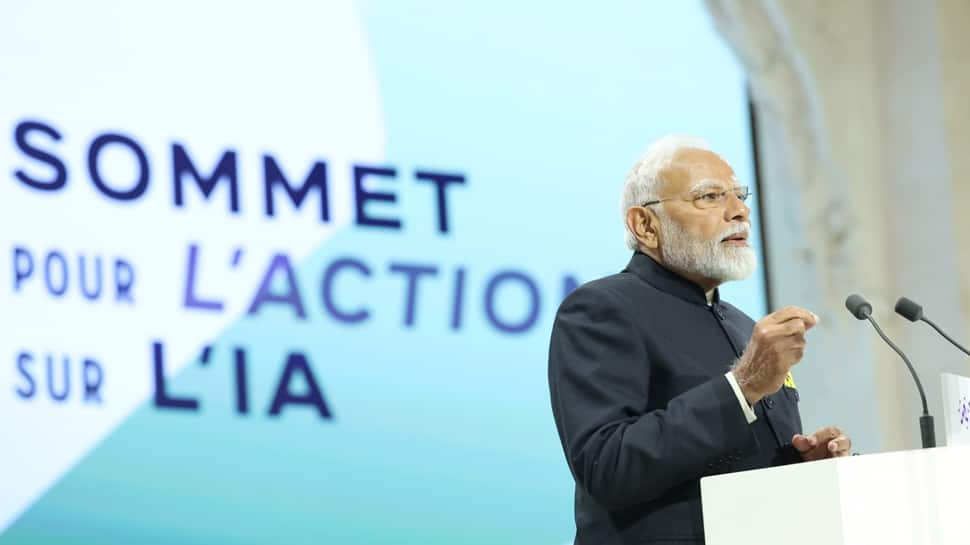 |
|
Prime Minister Narendra Modi's address at the AI Action Summit in Paris highlighted crucial concerns and opportunities surrounding artificial intelligence. His speech touched upon the potential for job displacement due to AI advancements, the dangers of deepfakes and disinformation, and the importance of international collaboration to ensure a responsible and equitable future for AI. Modi's emphasis on the need for reskilling and upskilling the workforce to meet the demands of an AI-driven economy reflects a growing global concern. The rapid pace of technological change necessitates proactive measures to mitigate the negative impacts of automation on employment and to equip individuals with the skills necessary to thrive in the evolving job market. This proactive approach underscores the importance of policy interventions and educational initiatives focused on future-proof skills development.
The threat of deepfakes and disinformation, as highlighted by Modi, is a significant challenge in the age of AI. The ease with which realistic but fabricated videos and audio can be created poses a serious threat to individuals, organizations, and even democratic processes. The potential for misuse to spread misinformation and manipulate public opinion necessitates the development of effective detection and mitigation strategies. International cooperation is crucial in combating this threat, requiring a collaborative effort among nations to develop and implement technological solutions and regulations. This includes advancements in deepfake detection technologies as well as education to enhance media literacy among the general population.
Modi's announcement that India is developing its own large language model underscores the nation's ambition to be a key player in the global AI landscape. This initiative, coupled with a unique public-private partnership model for accessible resources, aims to empower Indian startups and researchers. The emphasis on affordability ensures inclusivity, preventing the technology from becoming concentrated in the hands of a select few. This approach aligns with Modi's broader vision of harnessing AI for the benefit of all citizens and underscores India's commitment to responsible AI development. Sharing India's experience and expertise with the global community emphasizes a commitment to collaborative innovation, ensuring that the benefits of AI are broadly shared.
The Prime Minister's assertion that machines can never overpower humans speaks to a fundamental ethical consideration in the development and deployment of AI. While AI technologies are rapidly advancing, it's crucial to maintain a human-centric approach, prioritizing ethical considerations and ensuring that AI systems remain under human control. This perspective underscores the importance of responsible AI governance frameworks and emphasizes the need for a nuanced approach to AI development that avoids the pitfalls of unchecked technological advancement. The development of ethical guidelines and regulations is crucial to prevent the misuse of AI and to ensure that its development aligns with human values and societal well-being.
Modi's emphasis on the development of a robust digital public infrastructure, accessible to all, highlights the importance of equitable access to technology. In the context of AI, this means ensuring that the benefits of AI are not limited to a privileged few but are available to all segments of society. This commitment to digital inclusion is crucial for fostering economic growth, social progress, and overall national development. It is a testament to the vision of a digitally empowered nation, where technology is leveraged to bridge the digital divide and create opportunities for all citizens.
Source: AI Action Summit: PM Modi Deliberates On Job Losses Due To AI; Warns Against Deepfakes
